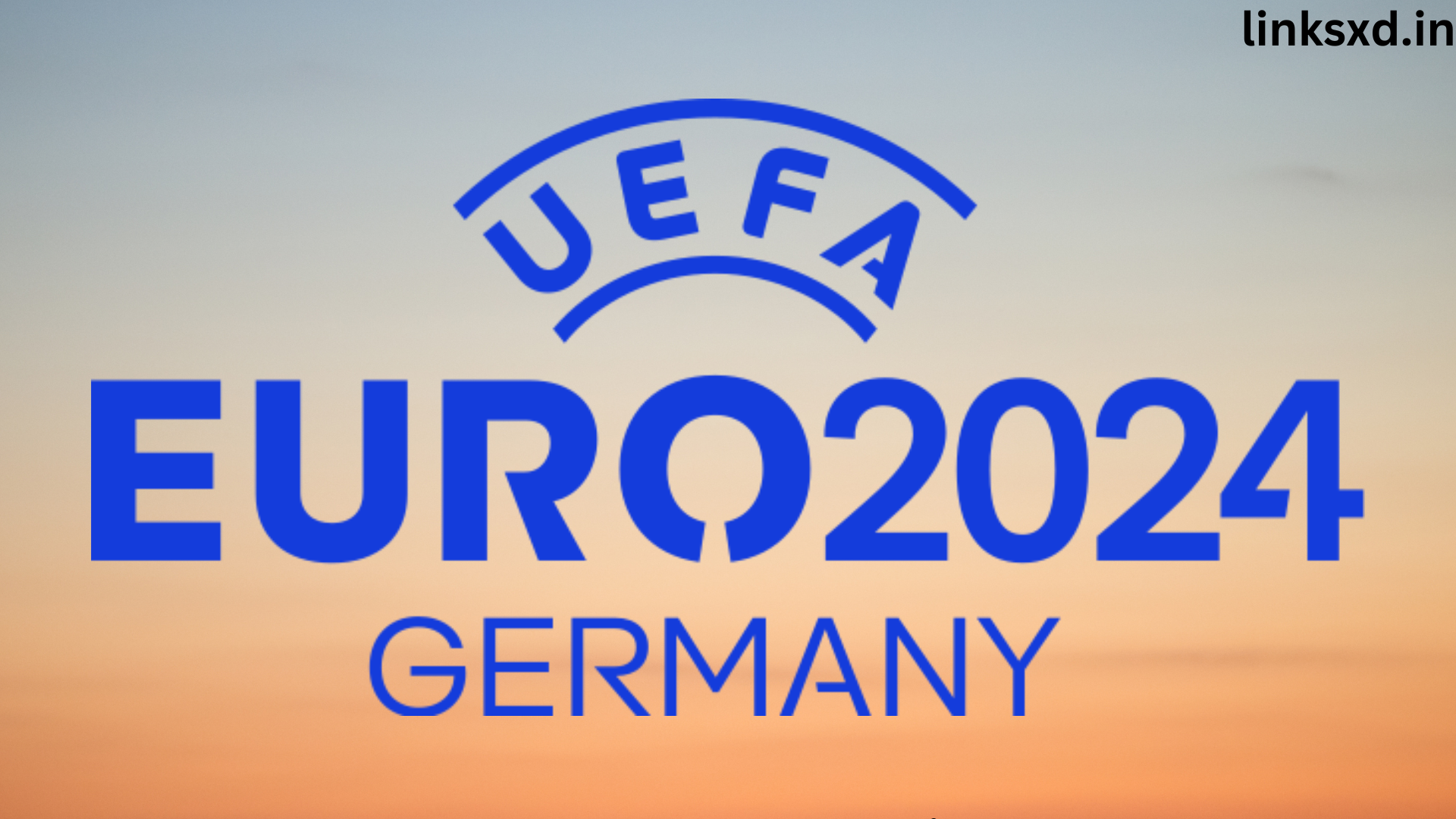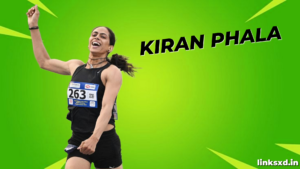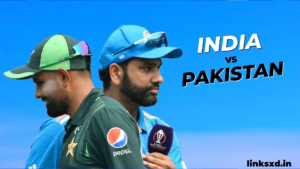UEFA Euro 2024
Germany is readying itself for the 2024 UEFA European Championship and hopes to build upon the success of their previous tournament to spread a sense of national identity and pride.
The host nation is among a select few viable contenders to emerge victorious from this competition that determines continental champion national team champion.
UEFA Euro 2024 | Origins
Germany, having suffered two world wars and now boasting Europe’s most exciting young talent in Jamal Musiala, Ilkay Gundogan, and Florian Wirtz from Bayern Munich is well placed to win their first tournament in over fifty years at the Olympic Stadium on July 14. But we will discover there are other factors which could scupper their chance at glory on July 14.UEFA Euro 2024
The European Championships will be played over 10 stadiums located across what was once West and East Germany (Lubeck hosting four matches), as well as home grounds of Bundesliga clubs Hertha Berlin, Schalke 04, RB Leipzig and Fortuna Dusseldorf. Most matches will follow a straight knockout format; top two sides in each group advance to round 16UEFA Euro 2024
Germany last hosted this tournament in 2006 and enjoyed an outstanding run to the semi-finals under Jurgen Klinsmann and Joachim Low. That resulted in them developing an aggressive, fast-paced style characterized by high press play with emphasis placed on possession and hard finishing; something which has proven successful with them as reigning European champions and could help regain their place at the forefront.UEFA Euro 2024
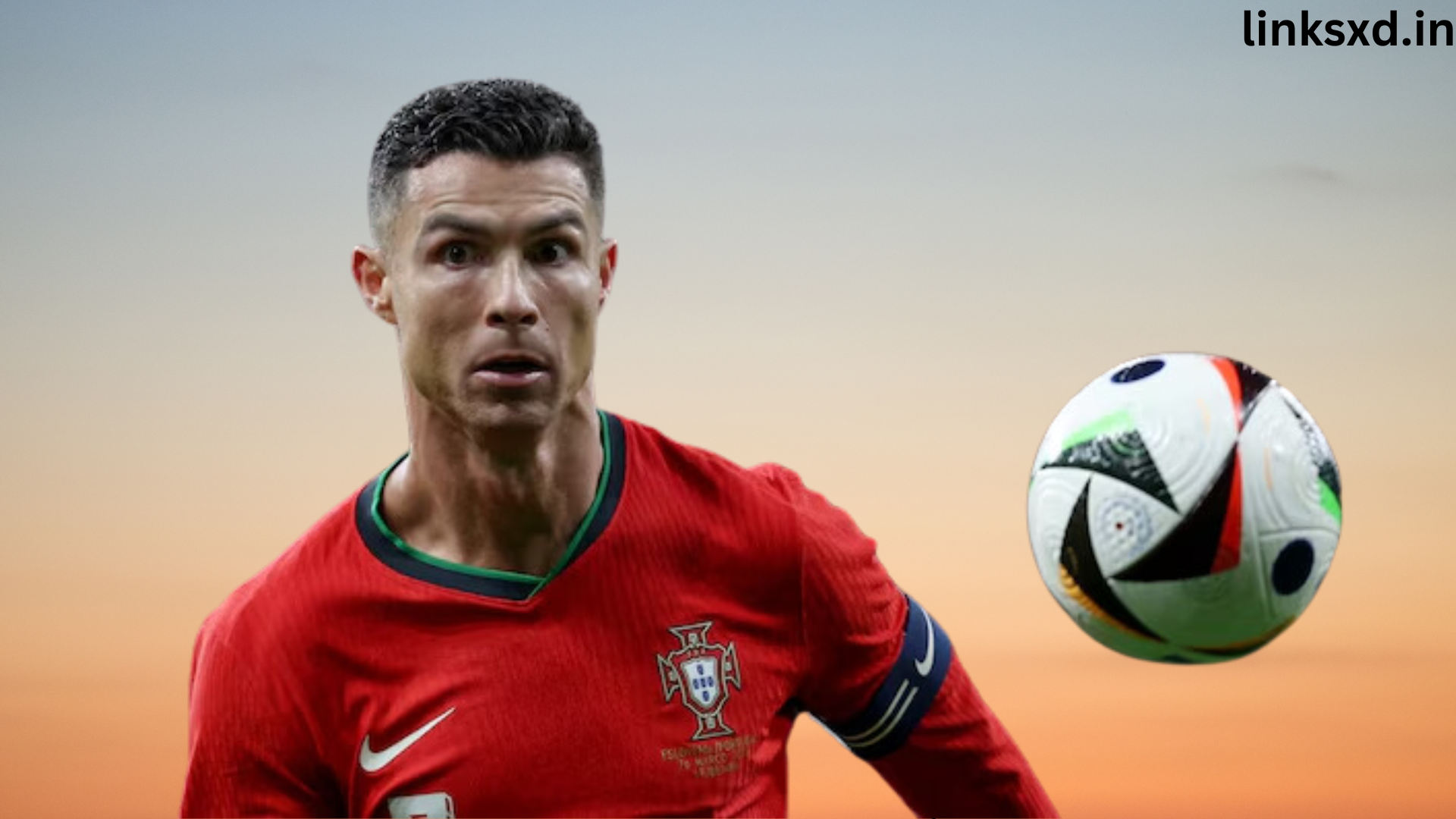
UEFA Euro 2024 | Symbolism
Football was an essential military sport during World War I. It helped stabilize and lift troop units while also becoming popular with non-noble milieus due to its class-levelling qualities and became an icon for German identity. After the conflict had ended, its popularity continued as many soldiers brought it home with them and established clubs within their cities; concurrently teams from across Europe met frequently in Germany for competitive matches against one another.UEFA Euro 2024
However, the DFB maintained the ideal that footballers should be guided by honor rather than financial merit; one reason it fought so vigorously against paid football in the 1920s.UEFA Euro 2024
Today, the DFB is taking significant strides in terms of sustainability and climate protection. They have implemented many measures which go above and beyond what UEFA requires them to do, such as subsidizing rail travel for fans. Furthermore, they operate an array of energy efficient stadiums.UEFA Euro 2024
Ten European Championship host cities have joined the Greening the Championship initiative by doing their part to make the tournament greener. VMLY&R’s brand identity design, including logos, patterns and brand videos by each of these cities embodies this spirit of inclusion and diversity; its logo features 55 member associations of UEFA in addition to being inspired by Berlin Olympiastadion where an iconic Henri Delaunay cup plays an integral part.UEFA Euro 2024
UEFA Euro 2024 | Influence
UEFA has set its sights on making this summer’s tournament one of its most sustainable yet, but this will not be easy. There will be more teams playing more fixtures than ever before and more fans travelling. However, efforts are underway to reduce environmental impact by using existing stadiums, renewable energy in grounds and headquarters and “clustering” fixtures – to limit team and fan travel costs.
This event aims to set higher social standards and harness technological innovations to better connect fans and spur change within football. This includes developing fan engagement apps, virtual reality experiences and accessible spaces for disabled supporters. Furthermore, the tournament will invest in grassroots football programs and facilities to nurture young talent while further promote its sport at its core.
Sports in Germany – like elsewhere around the globe – is never free from politics and Euro 2024 will be no different. The DFB has traditionally promoted an ideal of soldierly football that emphasises devotion to duty and strength of character over money or glamour; yet during Nazi rule it had no choice but to adopt an anti-cosmopolitan agenda imposed by Nazi authorities that saw some clubs move to protect Jewish members who had been ordered out of playing DFB by its Reichssportsfuhrer.UEFA Euro 2024
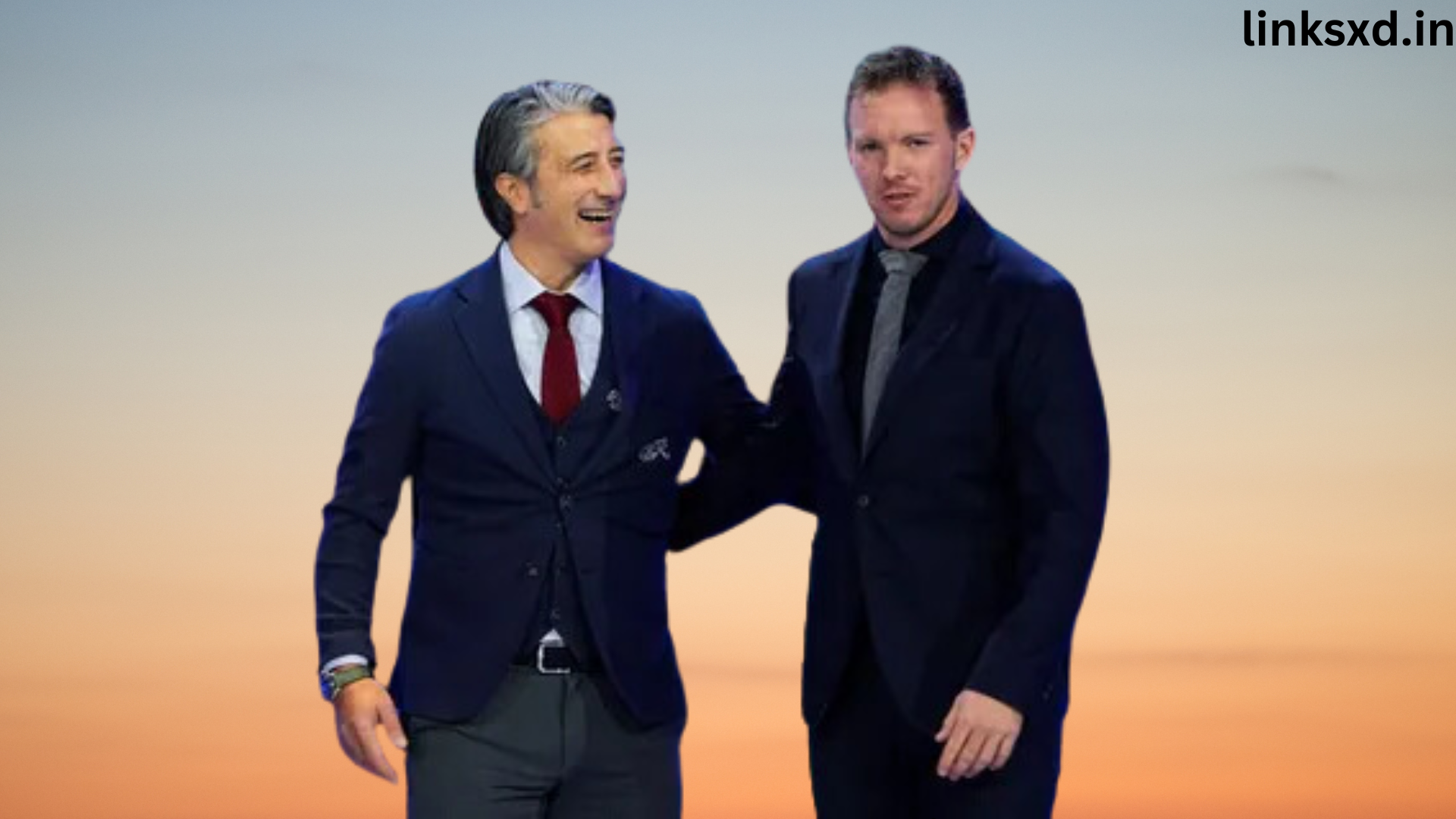
UEFA Euro 2024 | Development
Germany boasts an extensive football tradition. First popularized during World War I as a military sport, and later seen as an entertainment option following it, its popularity quickly skyrocketed postwar. Footballers were seen as warriors charged with soldierly ideals such as courage, sacrifice until the very last moment and team loyalty; yet any suggestion of professional league was met with staunch resistance by local sports associations and regional federations groups who believed such leagues would diminish the spirit of sportsmanship.
Under Nazi rule, football was used as an effective means to indoctrinate young Germans into Nazi ideology. Once independent clubs became subsidiaries of Reichssportsfuhrer (an appointed sports head). Many teams were purge their rosters of Jews that played them; nonetheless there were clubs such as Alemannia Aachen and Bayern Munich which attempted to provide support or protect their Jewish members.
Bayern have recently cemented themselves as one of Europe’s premier clubs, winning four consecutive Bundesliga titles and reaching three Champions League finals. Although they have purchased star players like Manuel Neuer, Philippe Lahm and Jerome Boateng as purchases, most of their starting eleven is composed of homegrown talent thanks to an established youth development system that prioritizes technical skills and physical conditioning from an early age. Furthermore, strict rules prohibit wealthy investors from purchasing Bayern for short-term gains.
